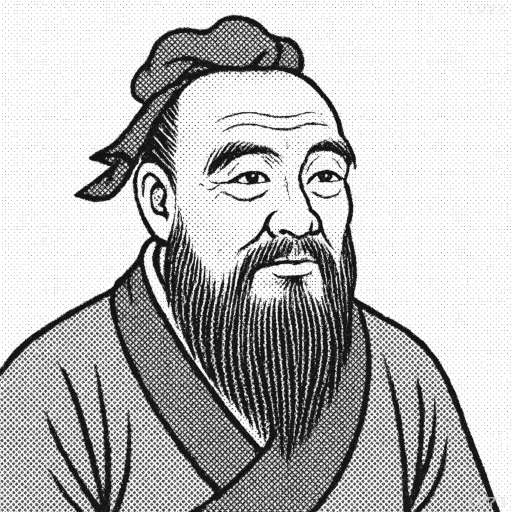“Only the wisest and stupidest of men never change.”

- 551 BC – 479 BC
- Han ethnicity
- Philosopher, educator, politician
table of contents
Quote
“Only the wisest and stupidest of men never change.”
Explanation
In this saying, Confucius highlights the idea that change and adaptability are crucial elements of growth. He suggests that only those at the extreme ends of wisdom or foolishness remain unchanging: the wisest because they have attained a deep understanding and consistency in principles, and the foolish because they lack the insight to recognize the need for improvement. Everyone in between, however, benefits from adaptability and openness to learning as they continue to grow and refine themselves.
This wisdom is particularly relevant today, where the ability to adapt is essential for personal and professional success. Embracing change and recognizing areas for improvement allow us to build resilience, adapt to new challenges, and make meaningful progress. For example, in a career, those who are open to learning new skills or updating their perspectives tend to thrive, while rigid thinking often leads to stagnation. In relationships, adaptability allows us to respond with empathy and understanding, fostering deeper connections over time.
Confucius’s insight reminds us that change is a sign of growth and that it requires humility, self-awareness, and courage. By embracing adaptability, we create a path of continuous learning that enriches our lives and strengthens our character. This approach allows us to remain true to our values while being flexible enough to respond to the world around us, balancing consistency with openness to new possibilities.
Would you like to share your impressions or related stories about this quote in the comments section?




